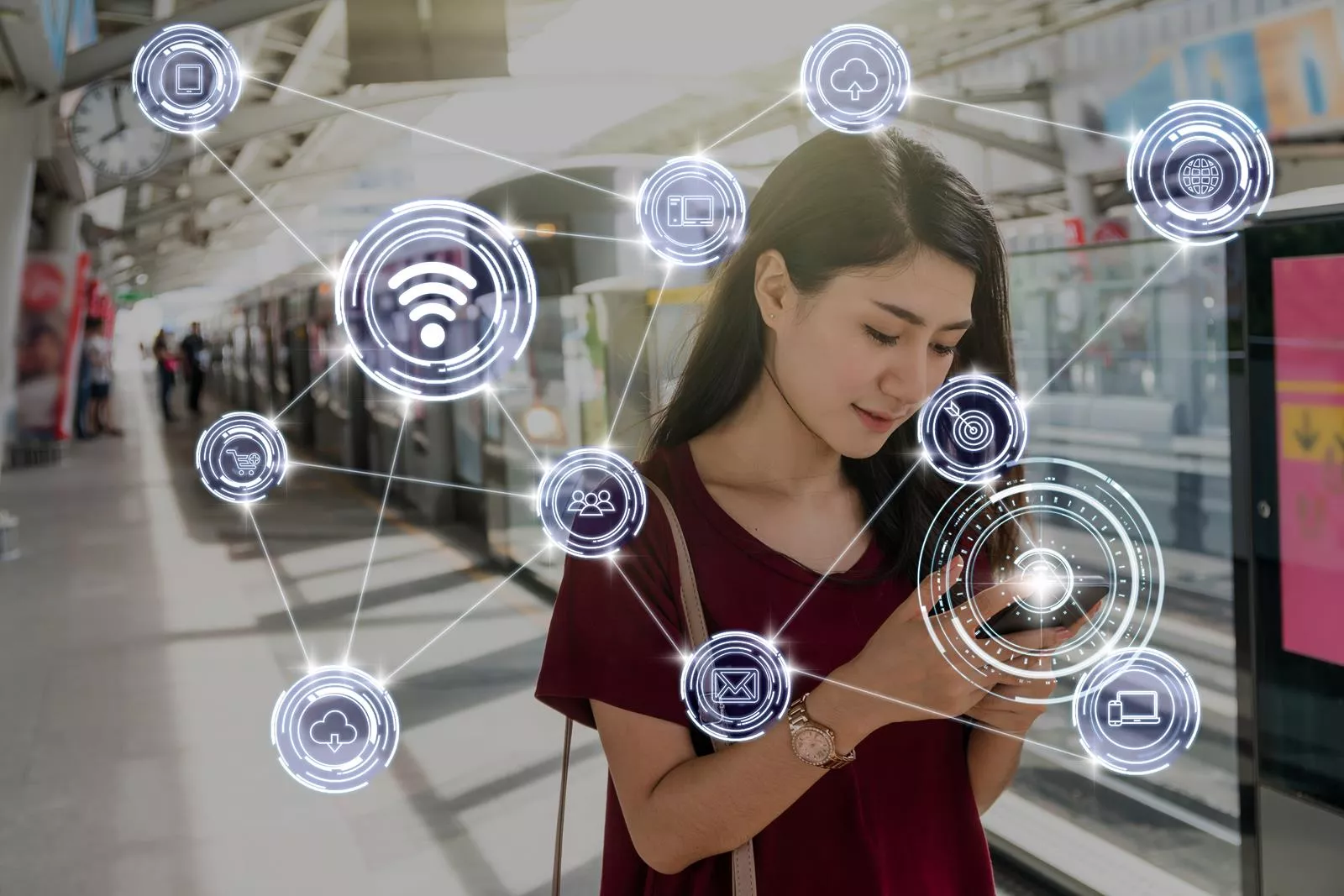
Imagine a world where factories operate with near-perfect efficiency, errors are minimized and productivity reaches new heights. This scenario, which once seemed like something out of a science fiction movie, is becoming a reality thanks to the integration of artificial intelligence (AI) into industrial automation.
AI has revolutionized several sectors, but its impact on industry is particularly significant. From optimizing production processes to reducing operational costs, the applications are vast and promising. This article explores how artificial intelligence is shaping the future of industrial automation, highlighting its benefits, challenges, and prospects.
Artificial intelligence refers to the ability of computer systems to perform tasks that would normally require human intelligence. In industrial automation, this means using advanced algorithms and intelligent machines to perform functions such as:
For example, companies like Siemens and General Electric use AI to monitor machine performance in real time, reducing downtime and increasing productivity.
The application of artificial intelligence in industrial automation brings a series of concrete benefits:
A practical example is the use of collaborative robots (“cobots”) that work side by side with humans on production lines, increasing productivity and ensuring greater safety in the workplace.
While the benefits are undeniable, integrating artificial intelligence into industry also faces significant challenges:
Companies looking to adopt AI need to balance these challenges with the potential benefits to ensure a smooth transition.
The evolution of artificial intelligence promises even more significant advances in industrial automation. Some of the key trends include:
For example, companies are exploring the use of AI to monitor the environmental impact of their operations, promoting more sustainable practices.
The integration of artificial intelligence isn't limited to machines and processes—it's also transforming the dynamics of human work. While some repetitive tasks are automated, new opportunities emerge in areas such as:
This movement reinforces the need for continuous training and adaptation on the part of the workforce, ensuring that people keep up with the technological revolution.
Artificial intelligence is reshaping the industrial automation landscape, bringing significant benefits in terms of efficiency, quality, and sustainability. While challenges exist, the opportunities outweigh the obstacles, as long as companies are willing to invest in technology and training.
Going forward, it's essential that industry adopt a balanced approach that combines technological innovation with human development. This way, AI will not only be a tool for increasing productivity, but also a catalyst for a smarter, more sustainable future.
How do you see the impact of artificial intelligence on industry? Share your thoughts in the comments and join the discussion!